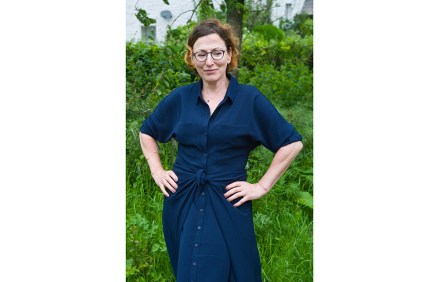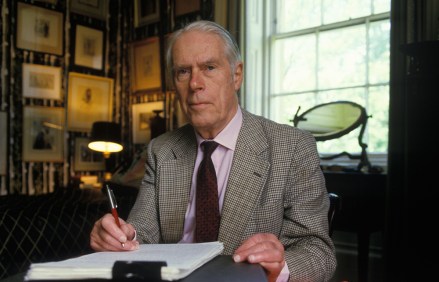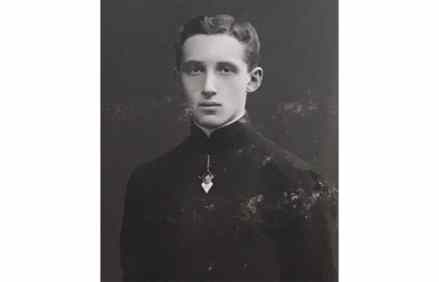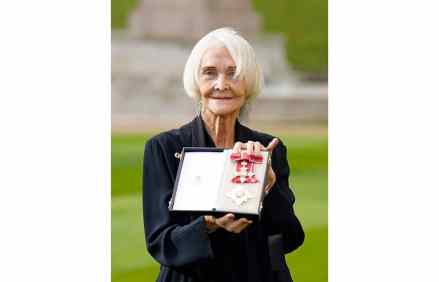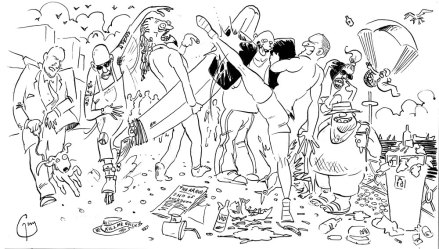Nina Stibbe’s eye for the absurd is as sharp as ever
Nina Stibbe is back in London. It has been 20 years since she left, and 40 years since she first arrived from Leicester to nanny, ineptly, for Mary-Kay Wilmers, the editor of the London Review of Books. Back then, she chronicled her adventures (minor car crashes; thinking Alan Bennett was in Coronation Street; inadvertently stealing Jonathan Miller’s saw) in deadpan letters to her sister Vic that became the delicious Love, Nina. This time she’s resolved to keep a diary of her year as ‘Debby’ Moggach’s lodger in a narrow Kentish Town terrace with an over-watered garden she already disapproves of. ‘I’ll write it Alan Bennett-style,’ she says in a gleeful
